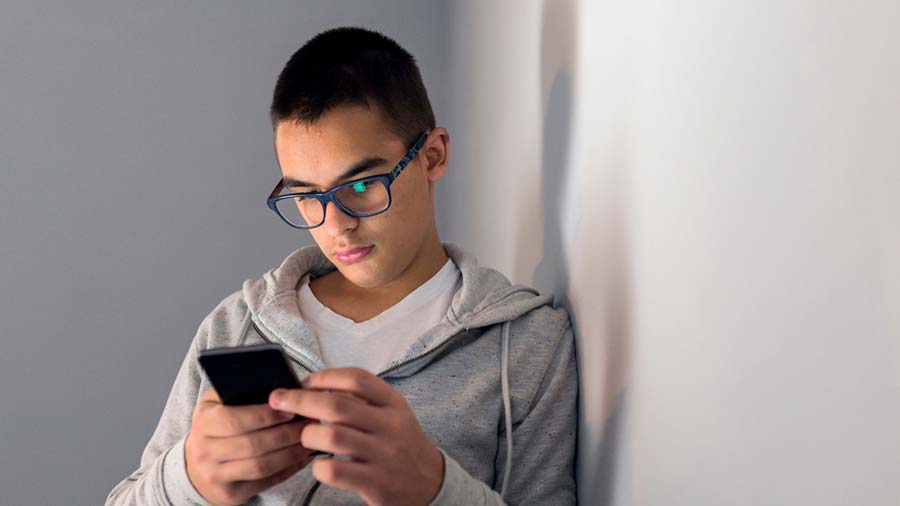Help Your Students Overcome Anxiety Caused by Social Media

We, humans, are social creatures by nature. We were not designed to be alone. We instinctively crave for the companionship of other people. We develop and learn about the world around us with the help of others. We continuously make connections which lead to relationships that affect us in many ways.
According to studies, the connections that we make are the key to our survival, happiness and success. Our social connections have a huge impact on our mental and emotional health. Being socially connected with others can ease stress, anxiety and depression. It can boost self-worth, satisfaction and a lot of other positive emotions that are beneficial to our well-being as a whole.
Social media apps are accessed through the use of mobile phones and almost 80% of the human population is now connected via mobile phone or some other device. There are countless social media platforms available today such as Facebook, Snapchat, Twitter, YouTube, Instagram and many others. They are custom built to cater for the social needs of different age groups.
Surveys have shown that almost 95% of teens have smartphones and that they are online constantly. The pull of using social media is quite strong, especially in children and teenagers. This is because they are in that phase of their lives where they are searching for a sense of belongingness, acceptance from their peers as well as a means to express themselves.
It would be unfair to put all the blame regarding teen depression and anxiety on the constant use of social media alone. We have to consider that some already have depression and anxiety disorders even before they were exposed to social media. According to studies of the Center for Disease Control (CDC), occasionally being sad or feeling hopeless is part of every child’s life. When children do not outgrow their fears and worries, that is when they could be diagnosed with anxiety disorders. Teachers and parents should look out for these kinds of students because they are particularly vulnerable to the anxiety that social media can bring.
Here are some ways educators can help students overcome anxiety caused by social media. Here are some of them:
Observe
We are in a time where there is limited interaction between teachers and students which is why teachers need to team up with parents to carefully observe signs that may indicate that the student is having anxiety due to social media.
Children show anxiety in various ways. According to the CDC, anxious children tend to seem fearsome or worried, they can also show signs of being angry and irritable. Others manifest physical symptoms such as fatigue, headaches or stomach aches.
When a teacher or a parent observes these signs, they can step up and talk to the child. Parents can also set up boundaries regarding social media use.
Teach
Constant social media use is not all bad. Some benefits can be gained especially if social media is used properly and responsibly.
The duty of educators to guide students does not end when class ends. It is a fact that teachers have a great influence on students’ lives. Helping a student reframe their perspective on social media can surely help in lessening anxiety.
They can teach students that updates and photos that they see on social media only tell them one side of the story. Having their eyes open to this and understanding that social media doesn’t represent true life, can assist in decreasing their anxiety.
Encourage
During this pandemic, classes have moved online and the use of social media has increased more than ever while teens turn to social media to connect with friends.
Teachers (and parents) can encourage their students to conduct some offline activities that they could stay safe within their homes while still learning. Suggesting activities like reading, board games, playing music and creating art. It is a great opportunity to use this time to change some habits at home, and there are lots of awesome things to do instead of spending time online.
To find out more on how to help your students, send Carrie Benedet a message today.






Responses